Often when having Get To Know Verdi calls (free 20 minute consults) with potential clients Marguerite and I realize that what a client is searching for, but doesn’t know exactly how to verbalize, is financial health. Financial health is akin to mental health -- one’s emotional and psychological well-being -- but is focused on two areas:
Strong financial systems and metrics
Positive emotional reaction to money and financial decisions
The first aspect is usually what I think of as the nuts and bolts of our work. If we’re working on personal finance with a client that could mean anything from debt elimination to creating an investment plan. If we’re working on business finance with a client that could mean anything from creating projections for the next quarter to determining appropriate pricing for their products and services. This piece of the puzzle is about numbers. It is about making sure that the math works out. But, the numbers alone don’t tell us the exact path forward -- they definitely tell us what not to do, but they usually also show several good options.
That’s where emotional reactions come into play.
The second piece of the puzzle is less quantifiable, but is how final decisions are made. It is about making sure that your financial decisions are aligned with your values and make you feel good. This work is actually largely the same regardless of if we’re working on personal or business finances. It often means helping a client figure out the root cause of their negative emotional reactions to money and financial decisions and then figuring out how to create a replacement narrative that serves them better. For example, it may mean walking a client through a process to figure out where they first learned a negative financial behavior -- maybe from a family member or friend -- and then discussing how that negative behavior was emotionally reinforced over time. This emotional detective work is key to reframing and building new narratives that serve clients.
Often this work is casually sprinkled in throughout our work together, but not talked about explicitly (i.e. I help a client figure out why she doesn’t want to price her products a certain way and then we figure out a pricing strategy that helps her reach her revenue goals while alleviating the emotional stress that the first option brought up). Sometimes it is really explicit. This could mean that either Marguerite or I notice a specific emotional block that comes up over and over and we address it head on or it could mean that creating a healthy emotional relationship with money is a goal in itself. Regardless of how we address this aspect of financial health, it is always part of our work.
XOXO








